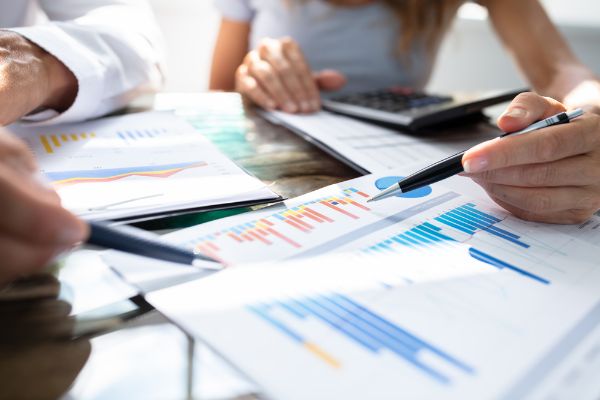Donald Trump may break his own record as the wealthiest president ever elected when he runs again in 2024, according to a Bloomberg analysis. Trump has become significantly richer since leaving the White House and is less in debt.
Bloomberg estimates Trump’s current fortune at $3.1 billion, up $500 million from 2021 and higher than his $3 billion net worth when elected in 2016. This suggests he suffered economic setbacks while serving as president.
Bloomberg reports:
“Trump’s higher net worth comes as his businesses show resilience despite a gloomy real estate market. His relocation to Florida after the White House coincided with an economic boom there which greatly improved finances for his famous Mar-a-Lago and Doral properties. Revenues at his other golf courses also surged over 50% since 2019. And after selling his Washington hotel and paying down debts, Trump now has more available cash and less leverage than in the past ten years.”
Trump’s son Eric, executive VP of the Trump Organization, said “The company has never been better, we have the most cash and the lowest debt. We are in a fantastic spot.”
Trump himself estimates his net worth even higher at $4.5 billion in 2021 financial statements. This is below his 2016 estimate of $5.8 billion, again implying financial sacrifices while president.
New York state has a much lower estimate of Trump’s net worth at $2.6 billion in 2021 in its litigation against him. This includes an improbably low $27.6 million value for Mar-a-Lago, which Bloomberg estimates is worth $240 million currently.
The conflicting valuations show Trump has regained wealth since his term ended. While president, he appears to have taken financial hits perhaps due to distractions of serving.
But estimates vary widely on Trump’s exact net worth. He maintains it is over $4 billion. Others put it closer to $3 billion or even below $3 billion.
Regardless of the precise figure, Trump has clearly rebounded financially since leaving office. By most accounts, he is now wealthier than when first elected or anytime during his presidency. If current trends continue, Trump could break his own record as the wealthiest president in history when he likely runs again in 2024.










